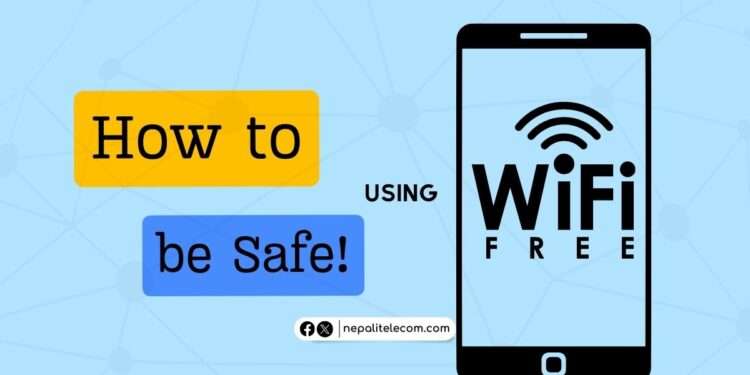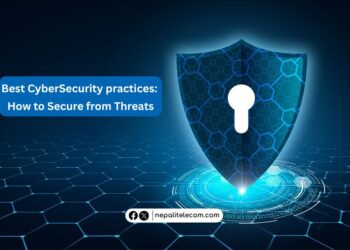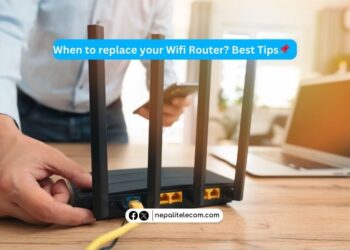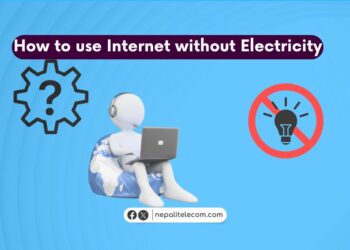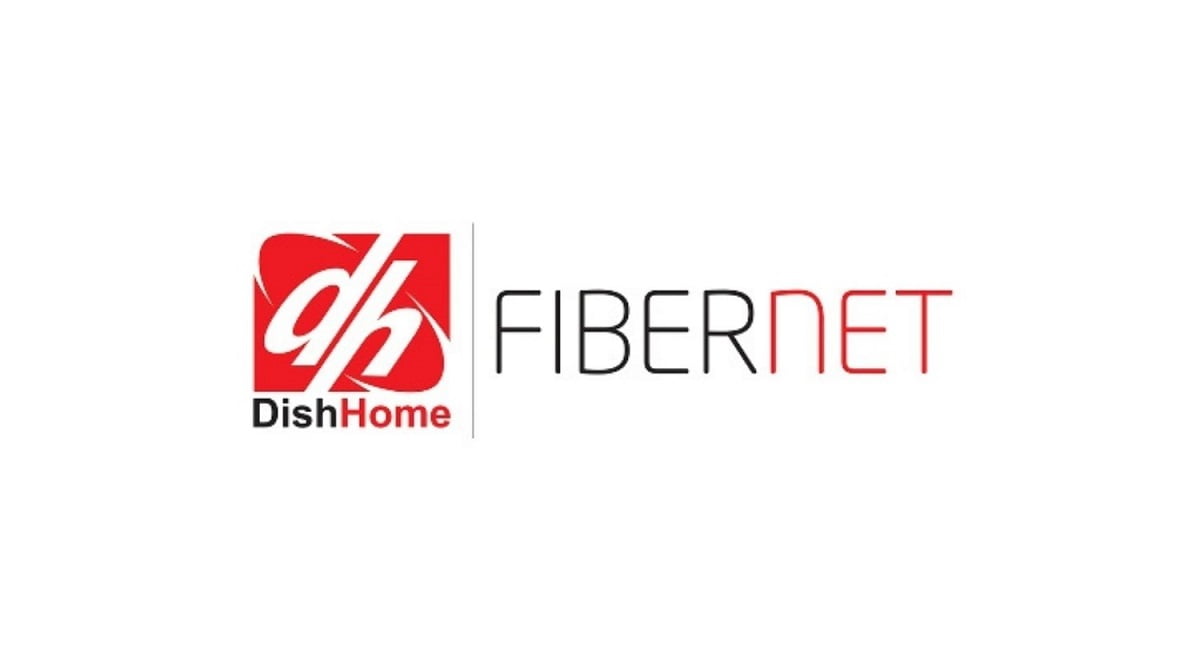Free WiFi is common everywhere however, it comes with a fair share of security concerns. Recently, Nepal Police issued a request to the public not to use free WiFi for online transactions over security risks. The law enforcement agency released a notice on Facebook urging the public to stay alert while performing online payments and fund transfers while using public WiFi hotspots which are suspected of security breaches and data theft. In this post, we discuss in length what the risks are in using public WiFi networks and how to maximize our safety using them.
Read next: How to Block Spam Calls on iPhones and Android Smartphones?
Risk of using free WiFi
These days, it’s unsurprising to find free WiFi networks in many crowded areas, especially in coffee shops, cinemas, busy streets, etc. ISPs and companies also provide WiFi hotspots to facilitate free-of-cost connectivity for their customers on the go. But what is noteworthy is that free WiFi comes with equally reasonable concerns. As compared to internet service providers’ (ISPs) service for residential and enterprise subscribers, free WiFi may not be equipped with the maximum possible security. Even individuals offer free WiFi hotspots to easily lure unsuspecting users into using their rogue network and giveaway crucial sensitive information.
Free WiFi hotspot users can run the risk of falling prey to possible hackers and tech enthusiasts leading up to losing their personal and private data. These WiFi hotspots lack encryption and safety measures that keep user data privacy at its core. Without knowing, users may divulge login credentials for social media platforms, mobile banking services, and various digital services. A hacker may be able to peek into all your internet activity, browsing history, passwords, and information transacted through your mobile phone, laptop, etc. in real-time or save them for use later. The hacker also targets credit and debit card information to extract the money through the victims’ accounts.
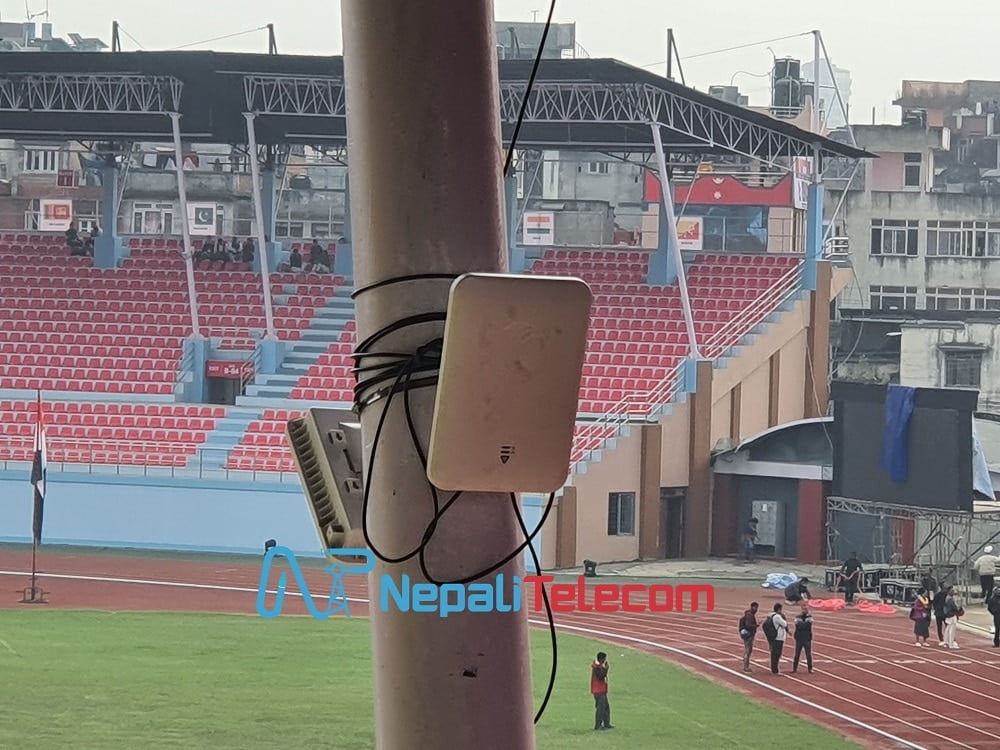
Also read: What is SIM Swap Scam and What You Can Do to Prevent it?
How to use public WiFi safely?
Cyberattackers use discreet methods to catch innocent users to reveal their data on the internet. There are some ways, you can maximize your safety using free WiFi in public. Here are some of the best tips to use public WiFi hotspot safely:
- Only use legitimate WiFi hotspots: First thing first, always ensure that the WiFi hotspot you are using is legitimate. Although ISPs and service providers offer hotspots in many crowded areas such as WorldLink WiFi hotspots, you may have to be careful in regards to your private data. While ISPs like WorldLink ensure all the safety compliance, many are connected to free WiFi networks including the rogue ones. So, it’s possible that those users might have a motif on your private data. So, although the ISPs-provided WiFi hotspots are authentic, you should be cautious enough in uploading and sharing your personal data while being connected in the public. To use its WiFi hotspots, WorldLink requires you to log in with a particular password to indicate that you are a rightful customer. It’s a good practice to discourage any sort of misuse and illegitimate activities.
- Don’t share important files over free WiFi networks: Due to the likelihood of security vulnerabilities and risks, it’s suggested that you never share your important files while connected to free WiFi networks. A rogue scammer could be peeking into your personal information without you being aware of it. So, restrain yourself from sending your personal photos, and videos, or log in to social media or financial apps when you are on a public WiFi network. Preferably, if you have data packs, use them to connect and share your crucial personal data while outside. At home, you can use your own WiFi network if applicable.
- Use websites with secure websites (https): It’s best that you go to websites that use secure protocols. To make it easier, ensure the website includes HTTPS (Hypertext Transfer Protocol Secure) at the beginning of its name. The “s” stands for secure. It’s more secure than websites that use HTTP only.
- Be aware of the man-in-the-middle attack: Hackers may use malware to extract crucial user information from users connected to the free WiFi network. The Man in the Middle attack is another major risk to using free WiFi networks. In this form of cyberattack, an attacker infiltrates a communication between a user and an application without the former realizing that there is an attacker in the middle receiving all the shared data. This form of sneaky attack is another reason, you shouldn’t consider using a publicly available WiFi that’s free for all.
- Forget the WiFi network after using it: Also, always remember to “forget” the network of the public WiFi network after you use it. You may never want your device to automatically reconnect to a network that’s potentially in use for insidious intentions. Forgetting the network removes the password so you don’t connect to it itself. The point is you never allow your device to auto-reconnect to any freely available WiFi hotspot. Also read: How to change your WiFi router password at home?
- Never login to social media or financial apps: The most important way to keep safe with public WiFi is not to put any sensitive information while browsing the web or applications. You are strongly suggested that you don’t enter any passwords of social media, credit/debit cards, mobile banking apps, and digital wallets. You should also refrain from putting in your personal details or uploading photos online. It’s possible that an attacker could gain access to your data remotely.
- Always update the apps and OS of your device: It’s another important practice you always update the apps and operating system (OS) of your device. Companies and manufacturers of your device issue fresh security patches through updates. It’s important that you update them as they help prevent backdoors for security lapses on apps and OS on your device. Also, new updates fix bugs and better optimize your device. It’s always a vital thing to do on a smartphone.
- Look out for any unauthorized access to your device: Smartphones are smart, and hackers may use smart ways to invade your device to get your personal data. Always stay vigilant and check out if someone has earned access to your device. Check out if there’s a new and mysterious application on your smartphone that can seem legit in disguise- a new calculator app on your phone maybe! Many events can associat with this occurence. So, be vigilant and raise your monitoring on your phone. Use a data monitor app to see if there’s been a recent spike in data consumption. Ads telling you to download an anti-virus app after warning you that a virus has been detected on your device. These things usually appear for smartphone users. However, if it’s unusually frequent, you may assume that some shady development has occurred on your device. At this, you need to format your device and change all the passwords instantly as your immediate measure.
- Keep WiFi connection permission in check: If an app on your smartphone wants permission to WiFi access (which many do), allow permission but with extreme curiosity. What is the real purpose of this job, Does the app do its work? And what do the users say about it? Search and research it or simply discard such apps if you don’t need them. You may also prefer not to allow the app permission to your storage, call logs, camera, etc. if you think they are not necessary. For popular apps such as Messenger, WhatsApp, and Telegram, you don’t have to be skeptical. But, for new or less-heard-of apps, being cautious with allowing permission is a must.
Also read: What is OTP Bypass, and How Does it Affect Your Privacy?
Using free WiFi is handy but it’s a must to stay alert and conscious about what we are giving away. Staying cautious and careful is a must. Otherwise, you can always opt to use mobile data all the time. Don’t miss our post Wifi vs. cellular data to read the pros and cons of using either of the two and which one you can choose.


